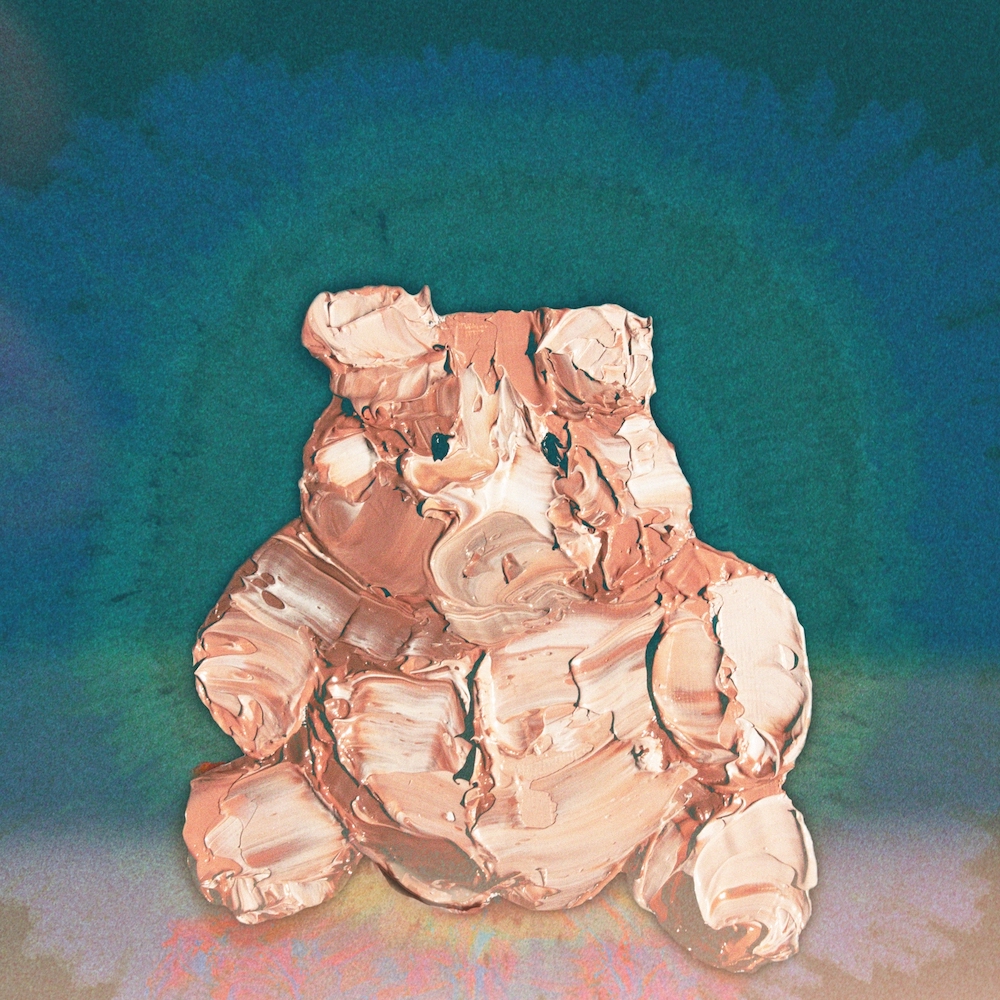“I am moving to the moon / I am leaving in the afternoon, I hope that’s okay.”
Everything to enjoy about Which Way To Happy, the second album by UK-based band Penelope Isles, is encapsulated here. The song, “Miss Moon”, opens with twinkling bells, sweet strings, and gentle guitar strumming, something akin to an orchestrated lullaby. Yet, seconds in, the song erupts into an expansive, rumbling soundscape of drums and synths. These words, meanwhile, sung by Lily Wolter, who leads the indie rock band alongside her brother Jack, equally evoke a childlike innocence, as if leaving Earth is as simple as climbing into your cardboard rocketship, closing your eyes, and thinking reeaaal hard.
Yet the Wolter siblings aren’t children; they’re young adults who understand that their actions inevitably have, if not consequences, implications for those around them. “The boxes and shapes don’t make a / perfect line,” Lily confesses on “Sudoku”, a hushed song that reveals itself as a metaphor for mistakes compounded. When Lily sings “I hope that’s okay,” on “Miss Moon”, she’s not asking for permission, but understanding; she knows she’ll be missed, that her choice will bring someone else pain.
This maturity and perspective are offered up at every moment of Which Way To Happy. The band’s debut album, 2019’s Until The Tide Creeps In, showed off their talent for creating catchy hooks (“Leipzig”) and wondrous shoegaze (“Gnarbone”), yet their chops are fully, and wonderfully, realized on this outing. The album was produced by both Jack and the legendary producer Dave Fridmann, who’s worked with The Flaming Lips, Spoon, MGMT, and Mogwai.
Yet, a denser – or more varied, or more expertly produced – sound can only take a band so far. Which Way To Happy succeeds because it’s also an album filled with genuine moments underscored by genuine anxiety (“Nail by nail I chew them off I lose my mind again,” goes a line in “Terrified”).
For better or worse, the album’s palatable uneasiness comes from its origins; two members left Penelope Isles after the first album and were replaced by current members Henry Nicholson, Joe Taylor, and Hannah Feenstra. The Wolter siblings were also dealing with their own respective heartaches. When the time came to start recording their latest album, they went to a cottage in Cornwall. Then came the covid lockdowns. “It was a tiny cottage and we all went a bit bonkers, and we drank far too much, and it spiraled a bit out of control,” Jack explained.
In many ways, Which Way To Happy wraps the last quarter century of indie rock touchstones into its 48-minute run time. Listen to the production on songs like “Terrified” and “Heave You Heard” – the echoing drums, the windswept sonics, the distorted vocals – and be reminded of albums like The Soft Bulletin. The string arrangements by Fiona Brice on the spacious “Pink Lemonade” add a dramatic elegance to Lily’s yearning that may call up Victoria Legrand. The endearing piano melody and Lily’s sweet vocals on album highlight “Play It Cool” are reminiscent of Tennis, that is, until the explodes with layers of roaring guitars and dense percussion – yet, above it all go the sweetest “ooh-la-la”s that ground the song in a sweet, if uneasy, bliss. Even the album’s most polished moment, the single “Iced Gems”, is carried by an electric drumbeat while soft synths, guitars, and bass lines swirl about – and glistens with sweet nostalgia.
Nostalgia in young adults is unfairly dismissed as unearned (“You’re too young to think like that!” gripe the Boomers), but albums like Which Way To Happy underscore why childhood heartache and longing are so important for young adults: they’re fresher in the mind, their pain more visceral, their happiness more ecstatic. When Lily sings “Feeling so tired / Fallen from the treehouse we made,” on “Pink Lemonade”, you feel the thud of the impact: young adults will never have this close relationship to these experiences again.
Yet, not all anxiety is a bad thing, and Penelope Isles have welded their anxiousness into some of the sweetest, most genuine indie rock in recent months. The album’s title hints at the greatest realization upon coming of age: nobody knows what the fuck they’re doing. Some may view this insight as a disappointment, but others, like the members of Penelope Isles, treat it as an opportunity. There’s no one way to happiness, but it’s something attainable nonetheless.

